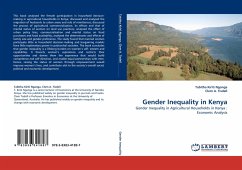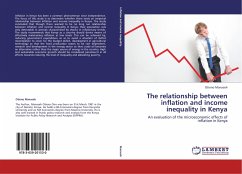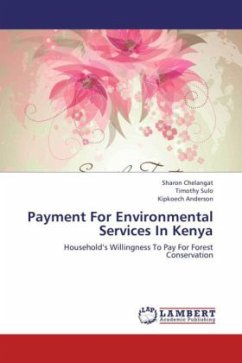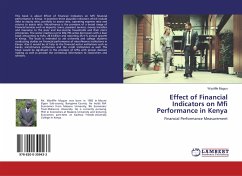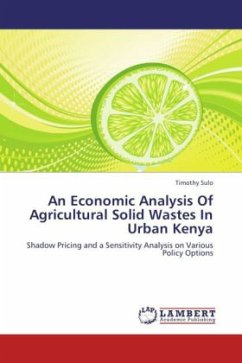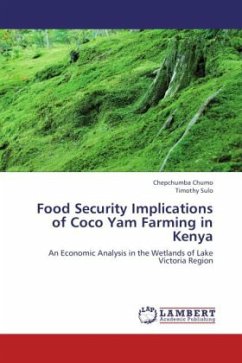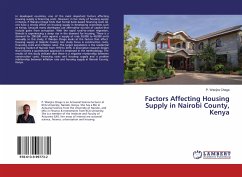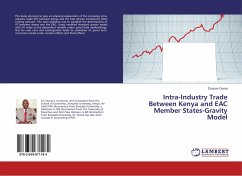This book analysed the female participation in household decision-making in agricultural households in Kenya; discussed and analysed the migration of husbands to urban areas and role of remittances; discussed the process of agricultural commercialisation, its effects and that of marital status of women on land use practices; analysed the effect of urban policy bias, commercialisation and marital status on food purchases and food availability; analysed the determinants and effects of family size and gender preference. The study found that married women participate little in household decision-making and bargaining models have little explanatory power in patriarchal societies. The book concludes that gender inequality is a lifelong burden on women s self- esteem and capabilities. It thwarts women s aspirations and restricts their opportunities and denies them the experience that would build competence and self-direction, and enable equal partnerships with men. Hence, raising the status of women through empowerment would improve women s lives, and contribute alot to the society s overall social, political and economic development.
Bitte wählen Sie Ihr Anliegen aus.
Rechnungen
Retourenschein anfordern
Bestellstatus
Storno

